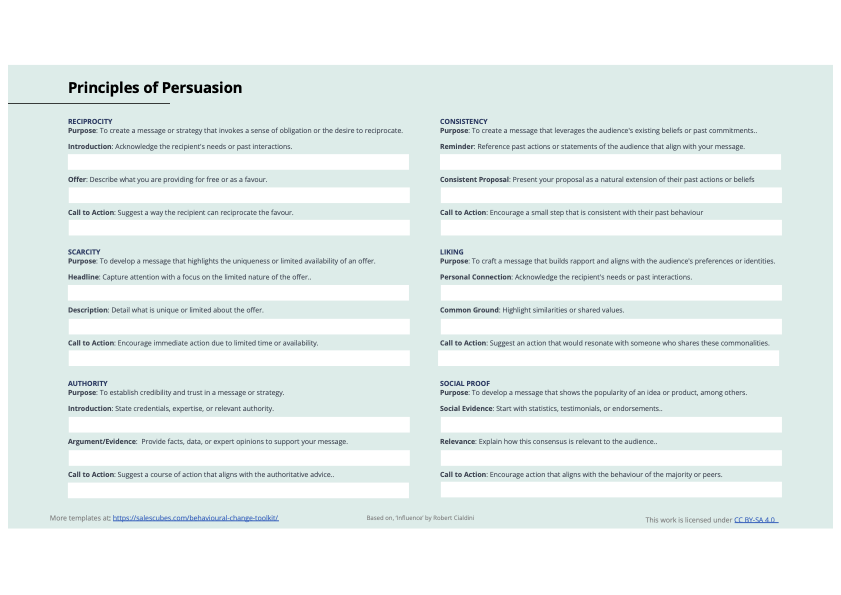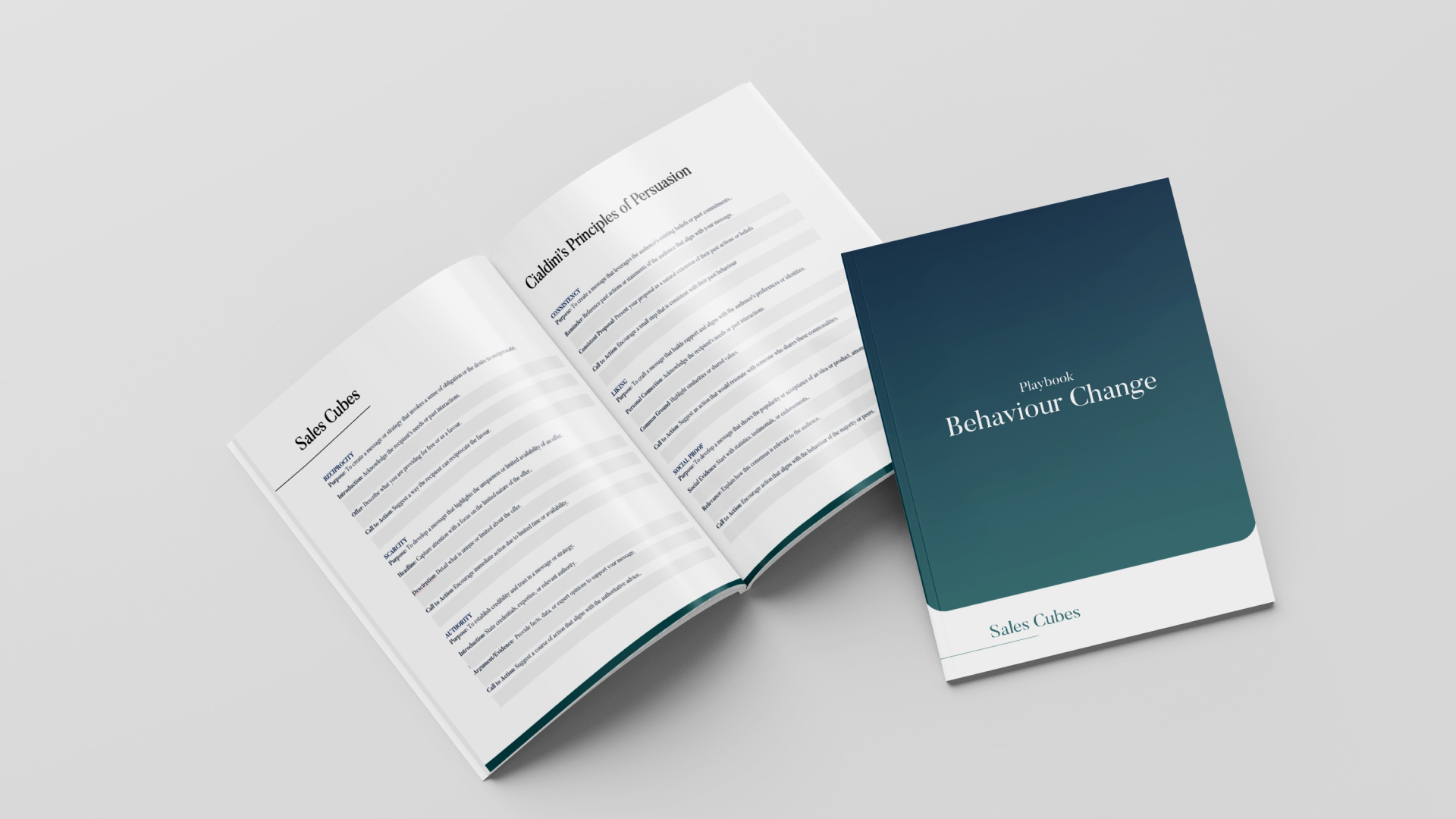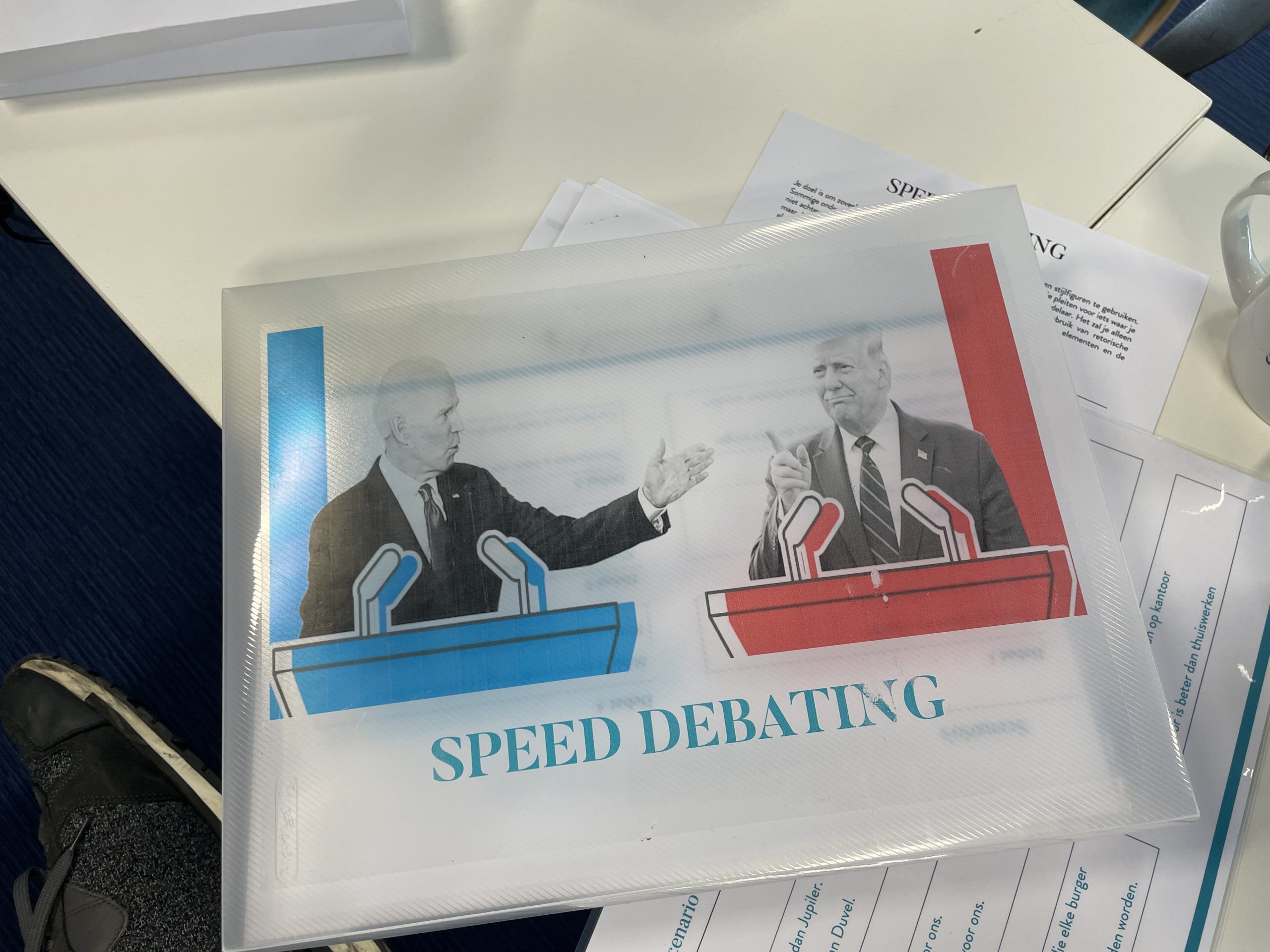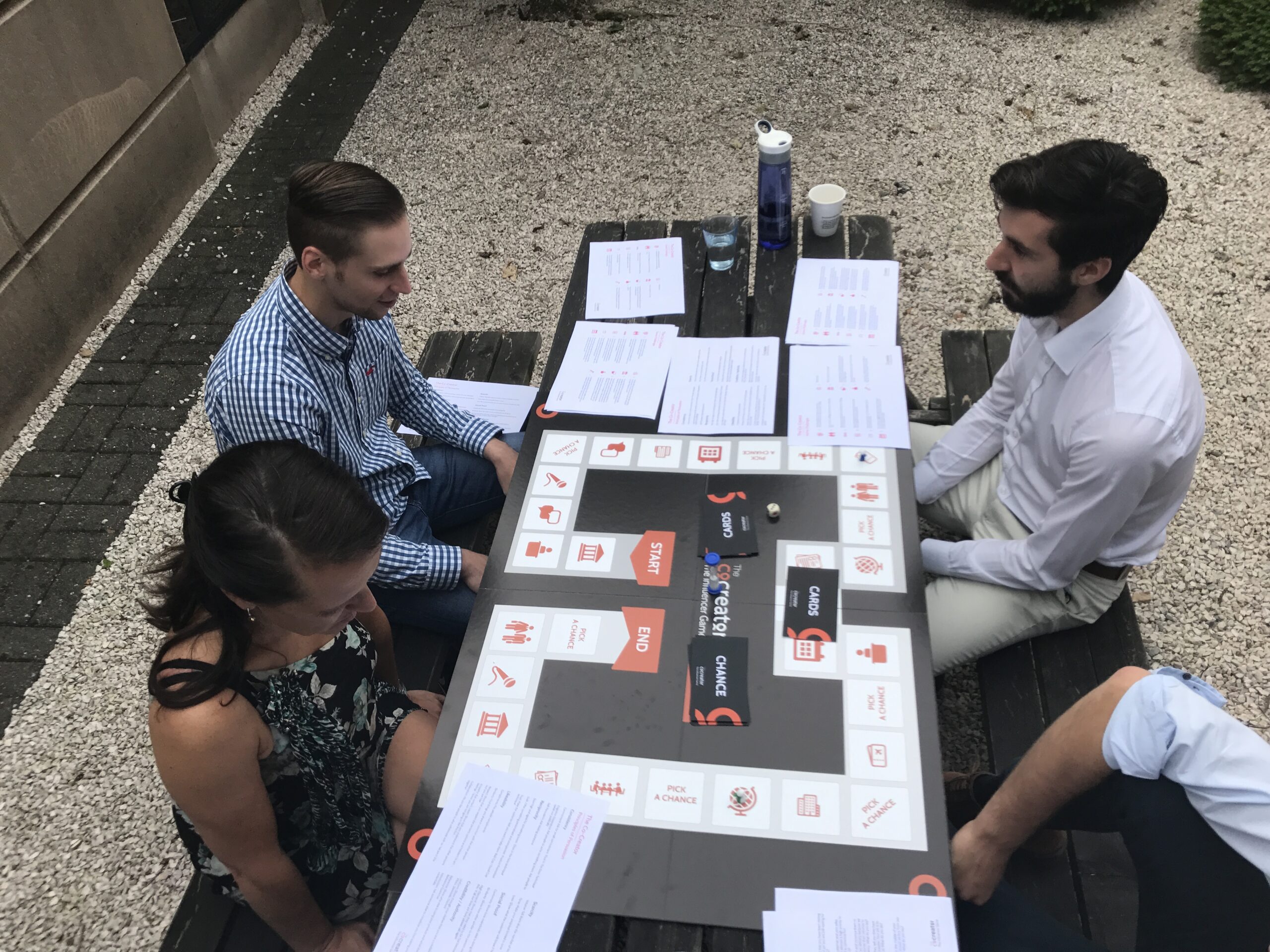What is it?
The Cialdini’s Principles of Persuasion Toolkit is based on the influential work of Dr. Robert Cialdini, who identified six key principles of persuasion: Reciprocity, Scarcity, Authority, Consistency, Liking, and Consensus (or Social Proof). This toolkit is designed to provide practical applications of these principles in various contexts, helping users to effectively persuade and influence others.
How Useful is it?
This toolkit is extremely useful for anyone looking to enhance their persuasive abilities, whether in sales, marketing, leadership, or everyday interactions. Understanding and applying these principles can significantly increase the effectiveness of communication and influence strategies.
Applications
-
- Sales and Marketing: Tailoring campaigns and sales pitches to leverage these principles.
-
- Leadership and Management: Influencing team behaviour and decision-making.
-
- Negotiations: Enhancing negotiation tactics and outcomes.
-
- Behaviour Change Campaigns: Designing public campaigns for health, safety, or environmental causes.
Process
Step 1 Identify the Context:
Determine the specific situation or goal where persuasion is needed.
-
- Analyse Your Audience: Understand their values, needs, and behaviours.
-
- Define Your Goal: Clearly identify what you want to achieve.
-
- Assess the Situation: Consider the nature of the product, service, or idea you are promoting.
For example, if you’re launching a new, innovative product, using the Authority principle to highlight endorsements from experts in the field can be very effective. Alternatively, if you’re running a limited-time fundraising campaign, the Scarcity principle can create a sense of urgency.
Step 2: Select Appropriate Principles
Based on the context, choose which of Cialdini’s principles are most applicable.
| Principles | Context for Use | Ideal Situations | Key Consideration |
| Reciprocity | When you can offer something first or have provided a benefit. | Customer loyalty programs, free samples in marketing, asking for favors. | People feel obliged to return favours or concessions. |
| Scarcity | When the product, opportunity, or information is limited. | Limited-time offers, exclusive memberships, unique product features. | People value things more if they are scarce or hard to obtain. |
| Authority | When credibility and expertise are crucial. | Introducing new products requiring expertise, professional services, advice or recommendations. | People trust and follow credible, knowledgeable experts. |
| Consistency | When aligning with the audience’s pre-existing beliefs, values, or behaviours. | Subscription renewals, follow-up on commitments, advocacy campaigns. | People like to be consistent with what they have previously said or done. |
| Liking | When building rapport and a positive connection is essential. | Networking events, customer service interactions, community building. | People are more easily persuaded by others they like or relate to. |
| Social Proof | When people look to others’ actions in times of uncertainty. | Online reviews, testimonials, introducing new trends or behaviours. | People often follow the lead of similar others. |
Step 3: Develop Strategy
Use the toolkit’s available in this post to develop a persuasive strategy incorporating the selected principles.
Step 4: Apply and Practice
Implement the strategy in real-world scenarios and adjust the approach as necessary.
Sources:
- R. Cialdini, 2021, Influence: The Psychology of Persuasion, Harper Business,
- R. Cialdini, 2017, Pre-Suasion: A Revolutionary Way to Influence and Persuade, Random House Business
- N Goldstein, S Martin,R. Cialdini, 2009, Yes!: 50 Scientifically Proven Ways to Be Persuasive, Free Press; Reprint edition
Tool



